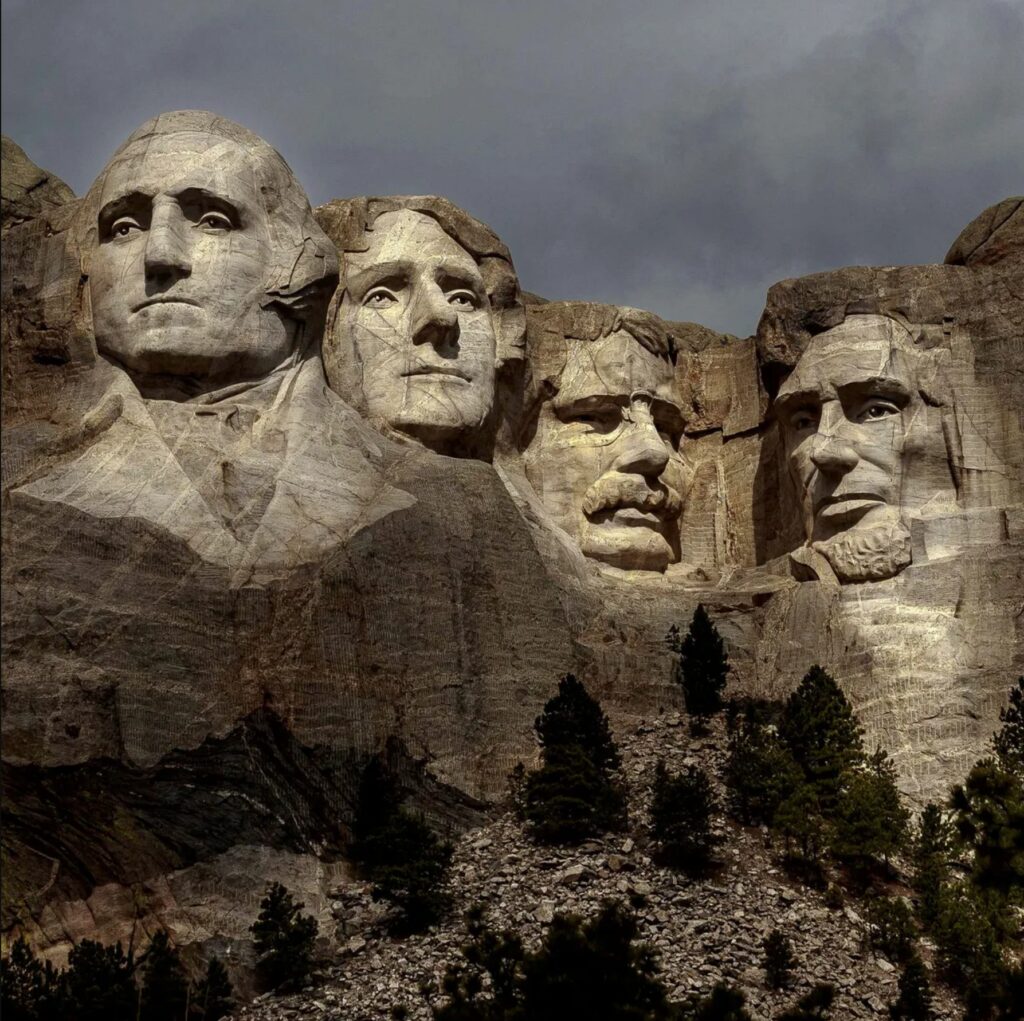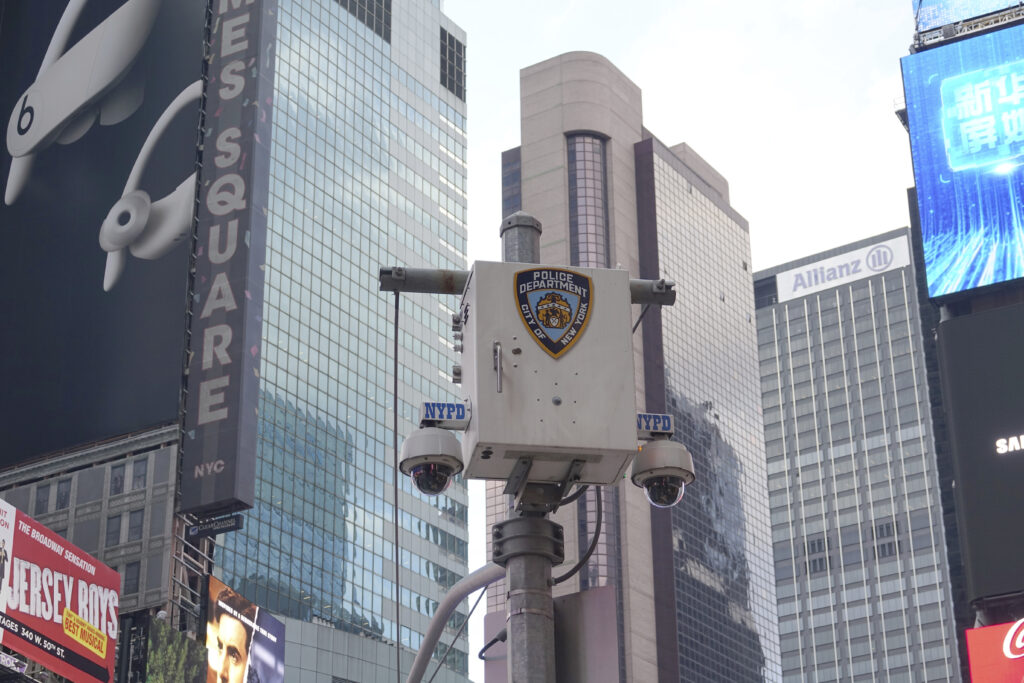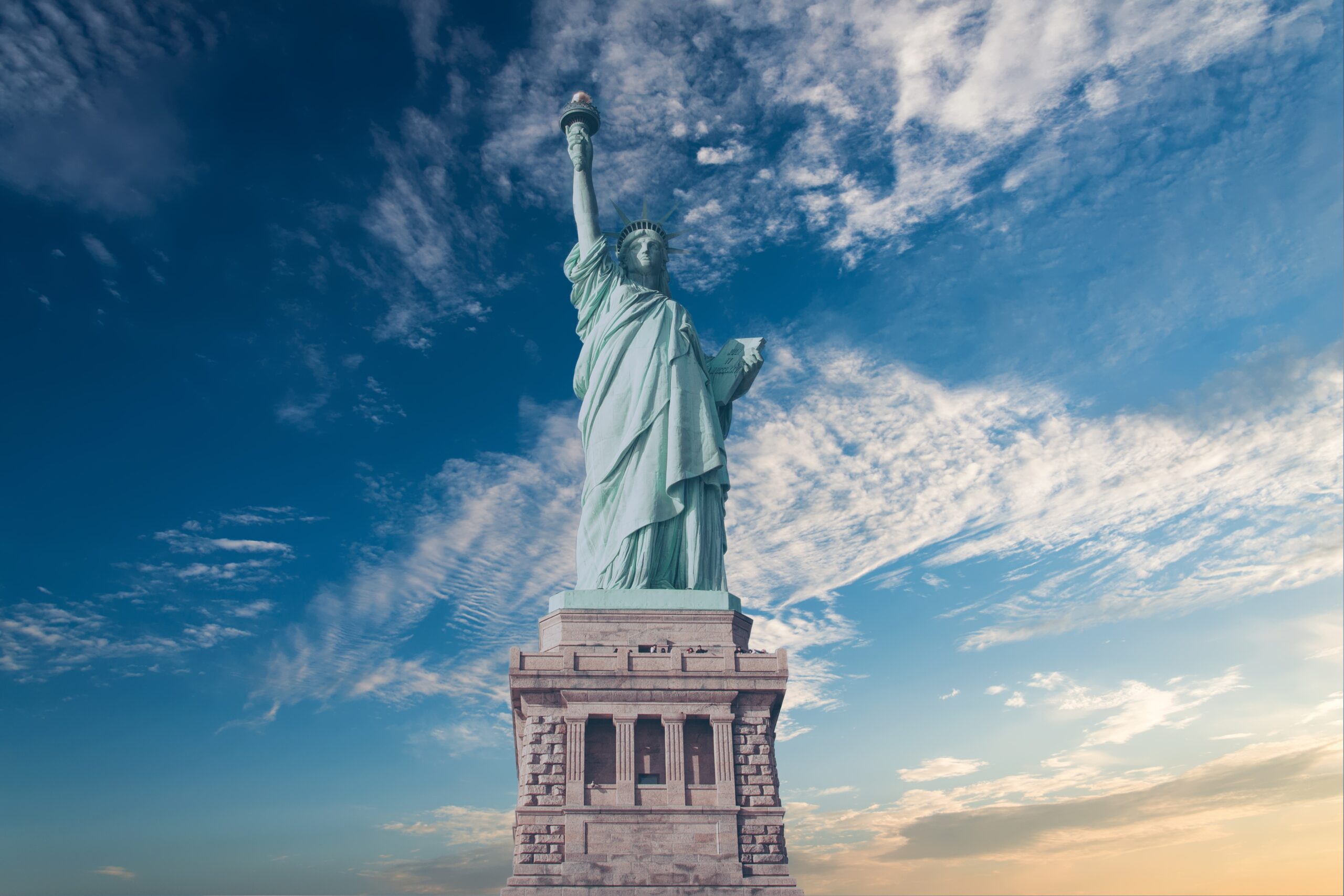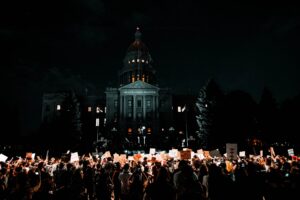Certain realities have shown to ring true over time, among these realities we find that human nature has a tendency to repeat itself. If we refuse to learn from lessons history has shown to be true then we are doomed to be slaves to the past. We as humans are capable of morally reprehensible actions and it is because of this that we seek to control our nature though this does not mean we must restrict our freedoms or limit the freedom present in society. Totalitarian governments of the past have followed a certain pattern in their search for government driven control. Totalitarian states in general allow for tyranny to exist at every level, from the confines of a family to the workspace and so on. States of the past such as the Union of Soviet Socialist Republics (USSR) or the People’s Republic of China both show the extreme impact that totalitarian states can have when given the power to make decisions based on group identity. When group identity takes precedence over individual identities, society begins to take a turn for the worse.
The gulag archipelago shows us this reality and to what extent human nature can drive individuals to commit horrors; but what we must understand is that if we were put in the same situation history has shown that our response would likely be to act out of self preservation. It is exceedingly likely that put in the same situation we would have also committed horrific actions if asked by those over us. We are at the very early stages of following an ideology that will have detrimental societal effects. The first stage of spreading this ideology seems to be an attempt to control the speech of those who oppose it. This can be seen in the actions of the Anti-racist and the far left progressives. Both these groups see certain patterns of speech as things that can amount to physical violence. There are people who truly believe that microaggressions are a form of physical violence. This is a quote from an article written by Erica Morris, “Have you ever caught yourself saying something along the lines of “You’d look better if you dressed for your size?” Or maybe “Shouldn’t you be wearing pink?” How about “Oh, you don’t act gay?” Or even “Where are you really from?” Those statements aren’t offensive or harmful, right? Wrong. In reality, these are all forms of sexist microaggressions—and they’re a very real form of violence”. That article was written in 2017 and is filled with ideas that can be only born in the mind of a leftist ideologue. In 2020 similar statements but slightly more extreme have been pushed by anti-racists such as, “white silence is violence”. This is more than dictating what people can and can’t say, this is an example of compelling people to say things they may/may not disagree with and more so if they don’t then they are committing a violent act. “White silence is incredibly powerful,” said Savala Trepczynski, executive director of the Thelton E. Henderson Center for Social Justice at UC Berkeley. “It’s not neutral. It acts like a weapon.” What response would be appropriate if a person by their inaction is considered to be violent? Does this a violent act not warrant a violent response? Where does this cycle leave us?
1st Amendment
Freedom of speech is the fundamental value of which our society is based, without it we can not defend our own values or even assert what is true in civil discord. The Constitution and the bill of rights laid out a framework by which a civil society may be maintained. If we do not defend these rights which are our duty as United States citizens then we are doomed to follow the path of those who passed before us.

As a wise man once said there must be freedom of speech for ideas that we love and the same freedom for ideas that we loathe. Without this freedom how can we properly conduct a civil society? Speech is the mechanism by which a civil society handles disagreement. The political climate of the United States has made the question as to what falls under free speech increasingly relevant. The first Amendment states: Congress shall make no law respecting an establishment of religion, or prohibiting the free exercise thereof; or abridging the freedom of speech, or of the press; or the right of the people peaceably to assemble, and to petition the government for a redress of grievances. The first amendment makes it exceedingly clear that the right to free speech shall not be interfered with and the intentions of our founders should not be taken lightly. George Washington said, “If freedom of speech is taken away, then dumb and silent we may be led, like sheep(led) to the slaughter”. This quote is not an aberration, our founding fathers understood that without free speech our society could not be maintained. Benjamin Franklin said, “Freedom of speech is a principal pillar of a free government: When this support is taken away, the constitution of a free society is dissolved, and tyranny is erected on its ruins. Republics and limited monarchies derive their strength and vigor from a popular examination into the action of the magistrates”. Free speech makes it much harder for those in power to control the people/media through propaganda and or yellow journalism. It also ensures the people the right to express opposing beliefs. Infact the removal of this freedom would mean to allow government discrimination based on party alliance, and history has shown what happens when the government feels the need to take political sides.
The Gulag Archipelago is a timeless piece written by Aleksandr Solzhenitsyn. The Gulag is written as half documentary and half autobiography. It gives real life accounts as to how the Russian society collapsed under Totalitarian rule. Aleksandr writes, “we are educated and trained-for our own profession; for our civil duties, for military service; to take care of our bodily needs; to behave well; even to appreciate beauty (well, this last not really all that much! ). But neither our education, nor our upbringing, nor our experience prepares us for the greatest trial of our lives: being arrested for nothing and interrogated about nothing” (Frankel, 1974). Aleksandr begins to depict the horrific tale of life from a gulag, a system of labor camps during the Soviet rule. In the eyes of the authorities the groups of imprisoned people had no value, if you were not a part of a certain group you would be arrested and forced to work 15 hours a day. “Arrests rolled through the streets and apartment houses like an epidemic. Just as people transmit an epidemic infection from one to another without knowing it, by such innocent means as a handshake, a breath, handing someone something, so too, they passed on the infection of inevitable arrest by a handshake, by a breath, by a chance meeting on the street” (Frankel, 1974).

The way the people were seen as complicit in the soviet union is the same way people are seen as complicit in today’s America. If Ellen DeGeneres is seen in a photo with George Bush this means she must agree with his politics and the things he enacted as president. If you interview someone who is seen as “alt-right”, an ever encompassing term, then you can be labeled as an alt-right sympathizer and shunned or attacked for this. The living conditions inside a gulag were inhumane, camp zones were surrounded by a barbed fence, the barracks were overcrowded and full of disease. Life inside these camps was brutal and violent but if you survived this you still had to watch for guards who looked to impose their will on weak prisoners.
“In literature the latrine bucket has become the symbol of prison, a symbol of humiliation, of stink. Oh, how frivolous can you be? Now was the latrine bucket really an evil for the prisoner? On the contrary, it was the most merciful device of the prison administration. The actual horror began the moment there was no latrine bucket in the cell” (Frankel, 1974).
Aleksandr, a gulag survivor, laid the millions of deaths of his comrades at the feet of the ideology that drove the Soviets to ruin. The idea that group identity is paramount and individual identity is not important is what drove the Soviets to commit many of the atrocities of the 19th century. Some have claimed that Aleksandr exaggerated the number of deaths caused by the soviet union. You can not simply dismiss the commentary given by Aleksandr Solzhenitsyn in the Gulag Archipelago as exaggerations, this would be naïve and irresponsible as a reader. The gulag archipelago is the personal account of the horrors of the suffering of Russia. It shows us to what extent we as people could be pushed to the edge and instructed to commit unthinkable actions. It also sheds light to the ideology that drove them to commit these actions why we must oppose the push towards measures to identify people by their group rather than who they are as individuals.









Be First to Comment